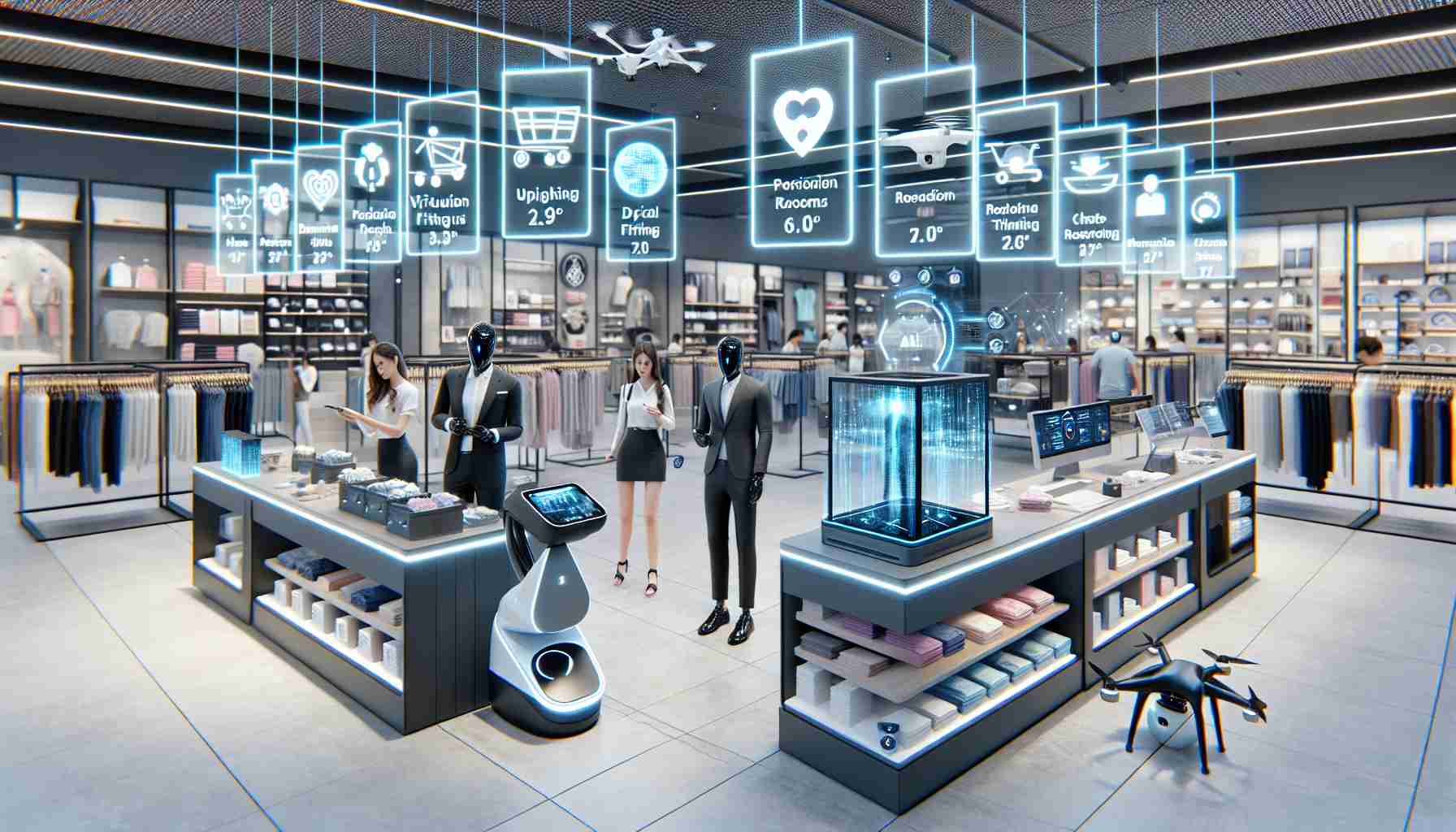Artificial intelligence (AI) has emerged as a game-changer in the retail industry, transforming the way we sell products both offline and online. With exponential advancements in AI technology, the impact on retail is inevitable and profound. Let’s explore seven key areas where AI is revolutionizing the retail landscape.
1. Personalized shopping experience: AI enables retailers to analyze individual customer preferences and behaviors for a truly personalized shopping experience. By tailoring product recommendations, targeted promotions, and customized shopping experiences, AI takes personalization to a whole new level.
2. Efficient inventory management: With AI, inventory management becomes virtually error-free. By accurately predicting demand, AI optimizes inventory levels, reducing the risk of overstock or stockouts. This not only improves the retailer’s profitability but also contributes to a more sustainable approach by minimizing resource waste.
3. AI-powered virtual assistants: AI-powered chatbots offer 24/7 customer assistance, answering queries and guiding users through the purchasing process. These intelligent virtual assistants enhance customer service, providing instant support tailored to each individual’s background and history with the brand.
4. Dynamic pricing for effective promotions: AI algorithms analyze market trends, competitor pricing, and consumer behavior to dynamically adjust prices. This enables retailers to offer promotions that are targeted to the right individuals based on their needs and history, ultimately maximizing profits and responding to market fluctuations.
5. Fraud detection and security enhancement: AI plays a crucial role in enhancing security measures by detecting suspicious activities and patterns. It helps prevent fraud in both online and offline transactions, safeguarding sensitive customer information in an increasingly cookie-less world.
6. Optimized supply chain management: AI-driven predictive analytics and forecasting optimize supply chain efficiency. By managing logistics, predicting demand, and optimizing routes, AI reduces costs and ensures faster delivery times. In a fast-paced world, a smart supply chain is essential for success.
7. Supplier risk management: AI assists retailers in evaluating and managing risks associated with suppliers, minimizing disruptions in the procurement process. By ensuring a stable and reliable supply chain, AI helps retailers have contingency plans (Plan A, B, and C) in place for unforeseen disruptions.
As the retail industry faces the ongoing challenges posed by the Covid-19 pandemic, AI becomes a valuable tool for freeing up resources. By automating repetitive tasks, retailers can focus on delivering exceptional experiences to their customers. Embracing AI in the retail sector opens doors to enhanced efficiency, minimized risks, and improved profitability. The future of retail is driven by the augmented capabilities of Ret-AI-l.
What are your thoughts on the transformative power of AI in the retail industry?
The article highlights the transformative power of artificial intelligence (AI) in the retail industry. It identifies seven key areas where AI is revolutionizing the retail landscape:
1. Personalized shopping experience: AI enables retailers to analyze individual customer preferences and behaviors to provide a tailored shopping experience with personalized product recommendations, promotions, and customized experiences.
2. Efficient inventory management: AI helps retailers optimize their inventory levels by accurately predicting demand, reducing the risk of overstock or stockouts. This improves profitability and contributes to a more sustainable approach.
3. AI-powered virtual assistants: AI-powered chatbots offer 24/7 customer assistance, answering queries and guiding users through the purchasing process. They enhance customer service by providing tailored support.
4. Dynamic pricing for effective promotions: AI algorithms analyze market trends, competitor pricing, and consumer behavior to dynamically adjust prices. This allows retailers to offer targeted promotions and maximize profits.
5. Fraud detection and security enhancement: AI plays a crucial role in enhancing security measures by detecting suspicious activities and patterns, helping to prevent fraud in online and offline transactions.
6. Optimized supply chain management: AI-driven predictive analytics and forecasting optimize supply chain efficiency by managing logistics, predicting demand, and optimizing routes. This reduces costs and ensures faster delivery times.
7. Supplier risk management: AI assists retailers in evaluating and managing risks associated with suppliers, minimizing disruptions in the procurement process and ensuring a stable and reliable supply chain.
The article emphasizes that as the retail industry faces the challenges of the Covid-19 pandemic, AI becomes a valuable tool for freeing up resources and automating repetitive tasks. Embracing AI in retail can lead to enhanced efficiency, minimized risks, and improved profitability.
Related Links:
– AI in Retail: link
– The Future of Retail AI: link

